Certified payment providers 2
Market coverage 5
["Austria","Germany","Netherlands","Switzerlands","United Kingdom."]
Germany
Austria
Germany
Netherlands
Switzerlands
United Kingdom.
Currencies 1
Euro
Description
BillPay is a popular payment method in Germany that allows customers to pay for their online purchases safely and conveniently. It is available for online purchases in thousands of online shops in Germany.
With BillPay, customers can choose to pay for their purchases either by invoice, direct debit, or credit card. Invoice payment is particularly popular, as it allows customers to pay for their purchases at a later date, usually within a 14-day period. Direct debit payment is another convenient option, which allows customers to set up a regular automatic payment for their purchases.






